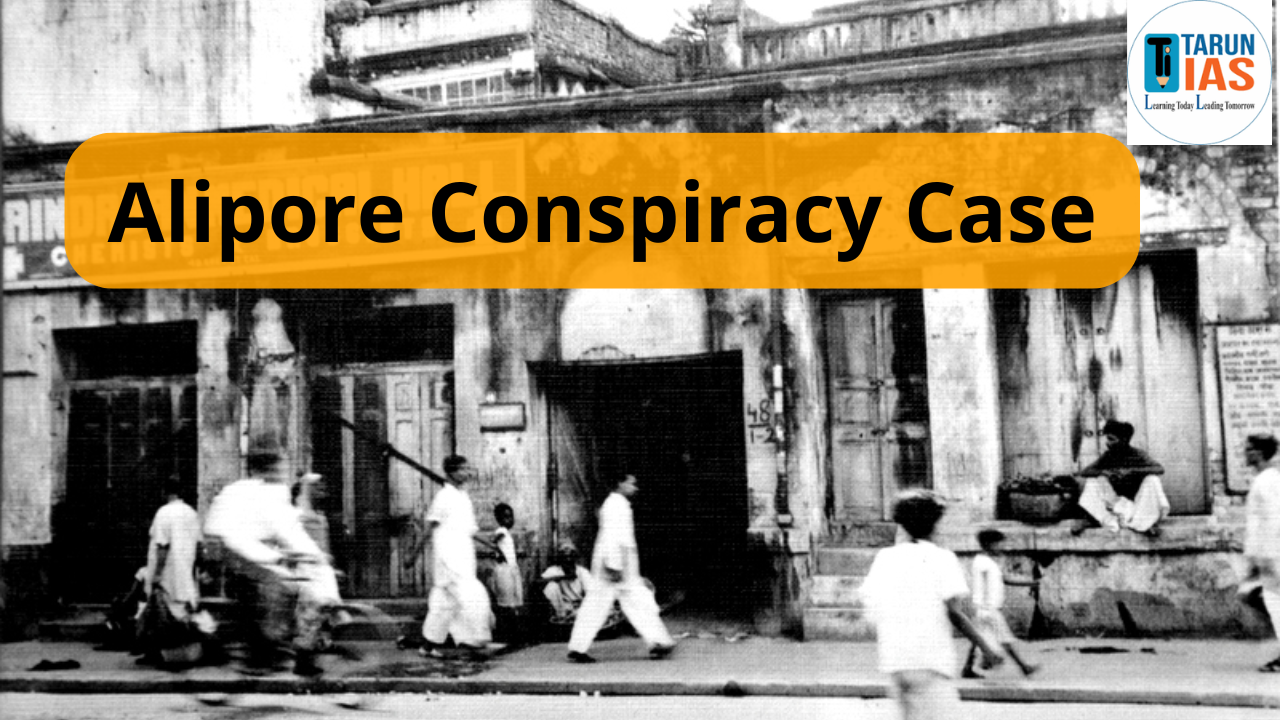Alipore Conspiracy Case 1908 was one of the most significant political trials in India’s independence movement. It is also known as the Muraripukur Bomb Case or the Manicktolla Conspiracy Case. Officially recorded as “Emperor vs Aurobindo Ghosh and Others”, it remains a landmark event in India’s fight against British rule.
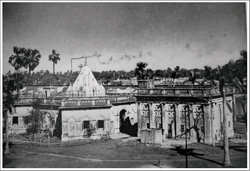
This case started after an assassination attempt on British Magistrate Douglas Kingsford by two young revolutionaries, Khudiram Bose and Prafulla Chaki. Their actions set off one of the largest British crackdowns on nationalist groups in Bengal.
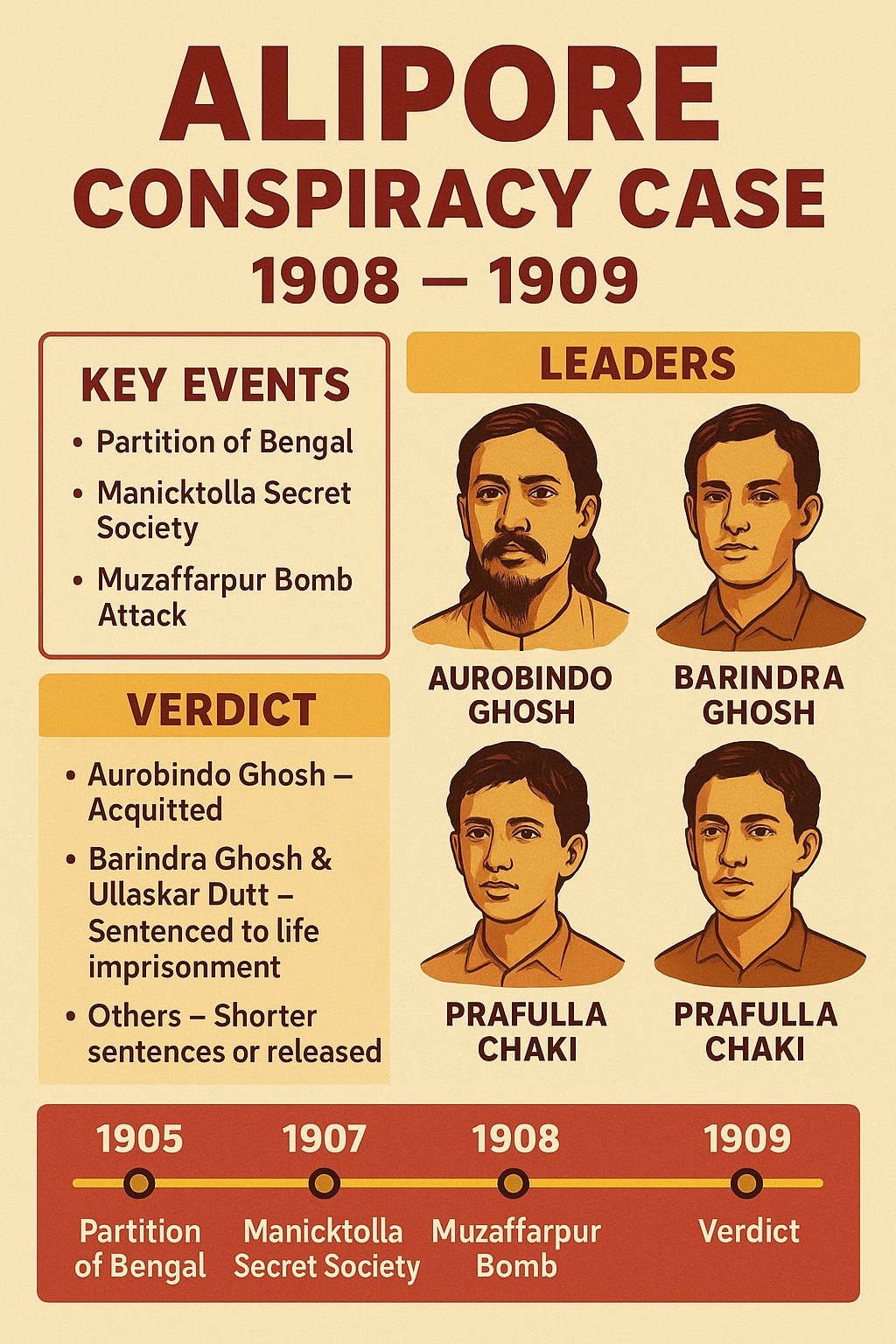
The trial involved several revolutionaries from Anushilan Samiti, a secret society working for India’s independence. The case exposed the growing conflict between British imperialism and Indian nationalism, inspiring future generations of freedom fighters.
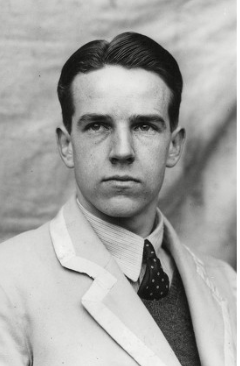
British Magistrate Douglas Kingsford
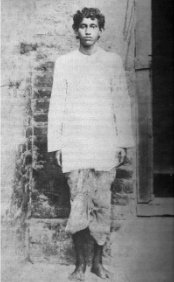
Khudiram Bose
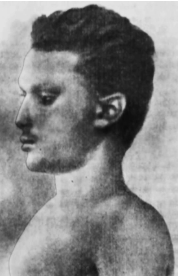
Prafulla Chaki
Alipore Conspiracy Case Timeline
To understand the complete timeline of the Alipore Conspiracy Case, some facts about the year, important dates, key events, and verdict in a table below.
| Details | Information |
| Alipore Conspiracy Case Year | 1908–1909 |
| Alipore Conspiracy Case Date | Arrests began on May 2, 1908; Trial ran from May 1908 to May 1909 |
| Main Incident | Muzaffarpur Bomb Attack on April 30, 1908 |
| Court | Alipore Sessions Court, Calcutta |
| Verdict Declared | May 1909 |
Alipore Conspiracy Case Background
Alipore Conspiracy Case (1908) took place during a period of growing anger in Bengal against British policies. The main reason behind this unrest was the Partition of Bengal in 1905, which was seen as a deliberate attempt by the British to divide Indians based on religion and weaken the freedom movement.
This decision created widespread dissatisfaction among the people and gave rise to militant nationalist groups like the Anushilan Samiti, whose goal was to end British rule through revolutionary methods. These groups believed that peaceful protests alone would not bring independence, so they chose the path of armed resistance.
Role of the Manicktolla Secret Society
In 1907, Barindra Kumar Ghosh, the younger brother of Aurobindo Ghosh, founded the Manicktolla Secret Society in Calcutta. Around 20 young revolutionaries joined this group, which became the main center for revolutionary planning.
The members were trained rigorously in:
- Physical fitness and martial arts
- Handling firearms and explosives
- Reading spiritual and revolutionary texts
- Learning tactics for armed struggle
This secret society later became the heart of the conspiracy that led to the Alipore trial.
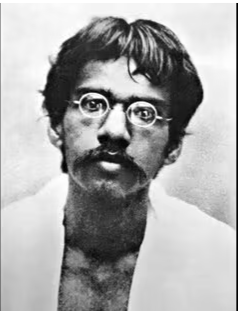
Barindra Kumar Ghosh

Aurobindo Ghosh
Muzaffarpur Bomb Incident (April 30, 1908)
A major turning point came on April 30, 1908, when two young revolutionaries, Khudiram Bose and Prafulla Chaki, tried to assassinate British magistrate Douglas Kingsford in Muzaffarpur. They threw a bomb at Kingsford’s carriage, hoping to end his oppressive rule.
However, the attack went wrong — instead of Kingsford, two British women were killed. This incident shocked the British authorities and led to a massive crackdown on revolutionary activities across Bengal.
Mass Arrests and the Beginning of the Case
After the Muzaffarpur bomb attack, the British acted quickly. On May 2, 1908, the police conducted large-scale raids in Calcutta and surrounding areas. They arrested around 20 suspected revolutionaries, including:
- Sri Aurobindo Ghosh
- Members of the Manicktolla Secret Society
- Several other associates linked to the revolutionary network
These arrests eventually led to the famous Alipore Conspiracy Case trial, which became one of the biggest legal battles of India’s independence movement.
Manicktolla Secret Society Details
Before the Alipore Conspiracy Case started, a group of young revolutionaries formed the Manicktolla Secret Society, which played a key role in planning the events. The table below explains its foundation, members, training, and main objectives clearly.
| Key Points | Description |
| Founded by | Barindra Kumar Ghosh |
| Year | 1907 |
| Location | Muraripukur Garden House, Calcutta |
| Members | Around 20 revolutionaries |
| Training | Martial arts, explosives, firearms, and spiritual texts |
| Goal | To achieve freedom through armed rebellion |
This group later became the center of planning for the events that led to the Alipore trial.
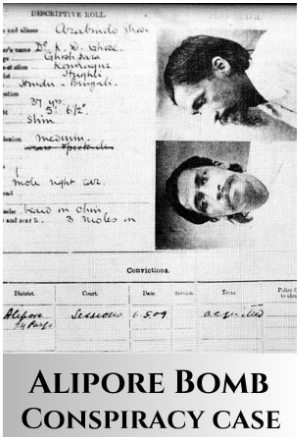
Muzaffarpur Bomb Incident The Trigger
The chain of events began on April 30, 1908. Two young revolutionaries, Khudiram Bose and Prafulla Chaki, planned to assassinate British Magistrate Douglas Kingsford, known for his harsh punishments on nationalists.
- A bomb was thrown at a carriage believed to be carrying Kingsford.
- Instead, two British women inside the carriage were killed.
- The attack shocked the British government and led to a massive police crackdown.
Khudiram Bose was arrested, tried, and executed on August 11, 1908, at the young age of 18.
Prafulla Chaki, to avoid arrest, committed suicide.
This incident directly triggered the Alipore Conspiracy Case.
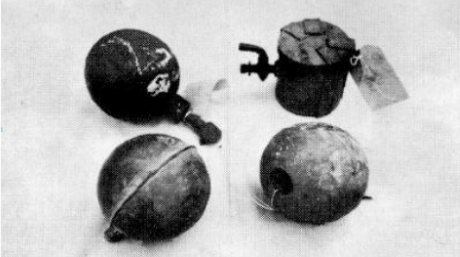
Alipore Conspiracy Case Arrested Revolutionaries
On May 2, 1908, the British police raided the Muraripukur Garden House and arrested around 20 members of the Anushilan Samiti. The main accused included Aurobindo Ghosh, Barindra Ghosh, Ullaskar Dutt, and other key revolutionaries.
Alipore Conspiracy Case People Involved
Alipore Conspiracy Case involved several important personalities, including revolutionaries, leaders, lawyers, and British officials. The table below explains their roles and what happened to them during and after the case.
| Name | Role in the Case | Fate |
| Aurobindo Ghosh | Accused mastermind, leader of nationalist thought | Acquitted |
| Barindra Ghosh | Founder of Manicktolla Society | Sentenced to life imprisonment |
| Ullaskar Dutt | Expert bomb-maker | Sentenced to life imprisonment |
| Khudiram Bose | Tried to assassinate Kingsford | Executed |
| Prafulla Chaki | Partner in the bomb attack | Committed suicide |
| Chittaranjan Das | Defence lawyer for Aurobindo | Helped secure his acquittal |
| Douglas Kingsford | British magistrate, main target | Survived attack |
| Narendranath Gosain | Turned Crown witness | Assassinated in jail |
Alipore Conspiracy Case Aurobindo Ghosh
Aurobindo Ghosh, one of India’s greatest thinkers and freedom fighters, was accused of being the mastermind behind the conspiracy. However, his lawyer Chittaranjan Das successfully argued that Aurobindo’s writings were philosophical, not revolutionary.
He was acquitted in May 1909. After his release, Aurobindo retired from active politics and focused on spirituality, eventually founding the Sri Aurobindo Ashram in Pondicherry.
Alipore Conspiracy Case Trial Proceedings
The trial began in May 1908 and continued for one year at the Alipore Sessions Court.
Charges
- Waging war against the British Crown
- Planning terrorist activities
- Manufacturing bombs and training recruits
Assassination of Narendranath Gosain
During the trial, Narendranath Gosain, a key witness who turned approver, was assassinated in jail by revolutionaries Satyendranath Bose and Kanailal Dutta.
Verdict
- Aurobindo Ghosh – Acquitted
- Barindra Ghosh & Ullaskar Dutt – Sentenced to life imprisonment
- Several others – Shorter sentences or released
Alipore Conspiracy Case Impact
Alipore Conspiracy Case left a deep impact on India’s freedom struggle, influencing revolutionary activities, political movements, and the future path of key leaders
- Rise of Nationalism – The bravery and sacrifices of revolutionaries like Khudiram Bose and Prafulla Chaki inspired thousands of Indians to join the fight for independence.
- British Repression – After the case, the British passed strict laws like the Indian Press Act of 1910 to control nationalist newspapers and suppress revolutionary ideas.
- Growth of Revolutionary Groups – Despite repression, groups like Jugantar and other secret organizations became stronger and continued armed revolutionary activities.
- Bal Gangadhar Tilak’s Arrest – On July 3, 1908, Tilak was arrested for writing articles in Kesari that supported militant nationalism and criticized British policies.
- Aurobindo’s Transformation – After his acquittal, Aurobindo Ghosh left active politics and dedicated his life to spirituality, later establishing the Sri Aurobindo Ashram in Pondicherry.
Conclusion
Alipore Conspiracy Case 1908 became a turning point in India’s independence movement. It highlighted the bravery and sacrifices of young revolutionaries who were ready to risk everything for freedom. It also marked the beginning of Aurobindo Ghosh’s spiritual journey, shaping India’s future nationalist vision.
Alipore Conspiracy Case FAQs
What was Alipore Conspiracy Case year?
Alipore Conspiracy Case took place during 1908–1909 after the Muzaffarpur bomb incident.
What was Alipore Conspiracy Case date?
The police raids and arrests began on May 2, 1908, and the trial ran from May 1908 to May 1909.
Who were the main Alipore Conspiracy Case accused?
The main accused were Aurobindo Ghosh, Barindra Ghosh, Ullaskar Dutt, Khudiram Bose, and Prafulla Chaki.
Who was the Alipore Conspiracy Case leader?
Barindra Ghosh led the secret group, while Aurobindo Ghosh was seen as the ideological leader.
How many were arrested in the Alipore Conspiracy Case?
Around 20 revolutionaries were arrested on May 2, 1908, including members of the Manicktolla Secret Society.
What was Aurobindo Ghosh’s role in the Alipore Conspiracy Case?
Aurobindo Ghosh was accused of masterminding the plan but was later acquitted due to lack of evidence.
Who were the people involved in the Alipore Conspiracy Case?
Key people included Aurobindo Ghosh, Barindra Ghosh, Ullaskar Dutt, Khudiram Bose, Prafulla Chaki, and Douglas Kingsford.
What was the impact of the Alipore Conspiracy Case 1908?
It inspired revolutionary movements, intensified nationalism, and pushed the British to impose stricter laws.



